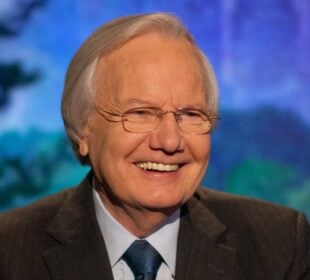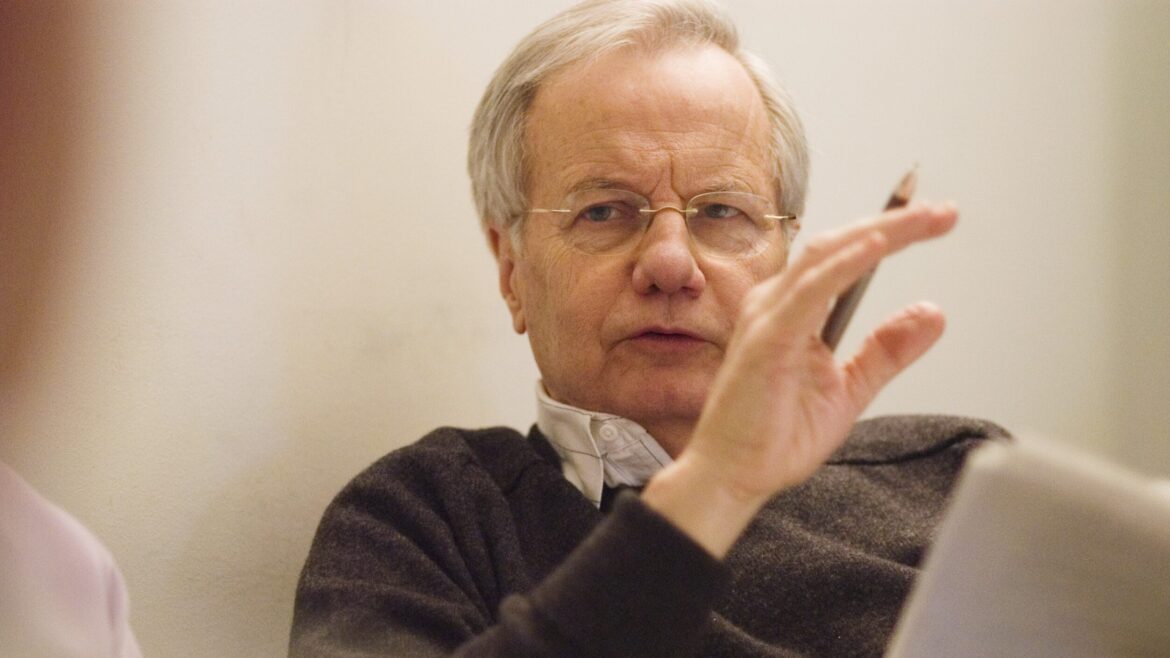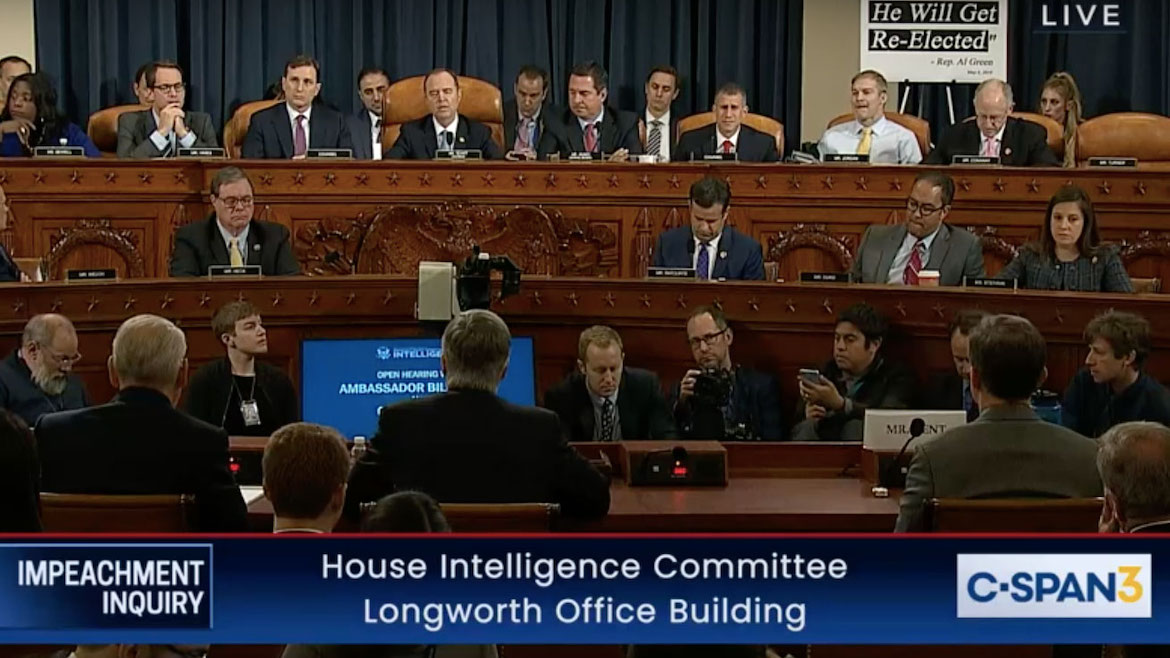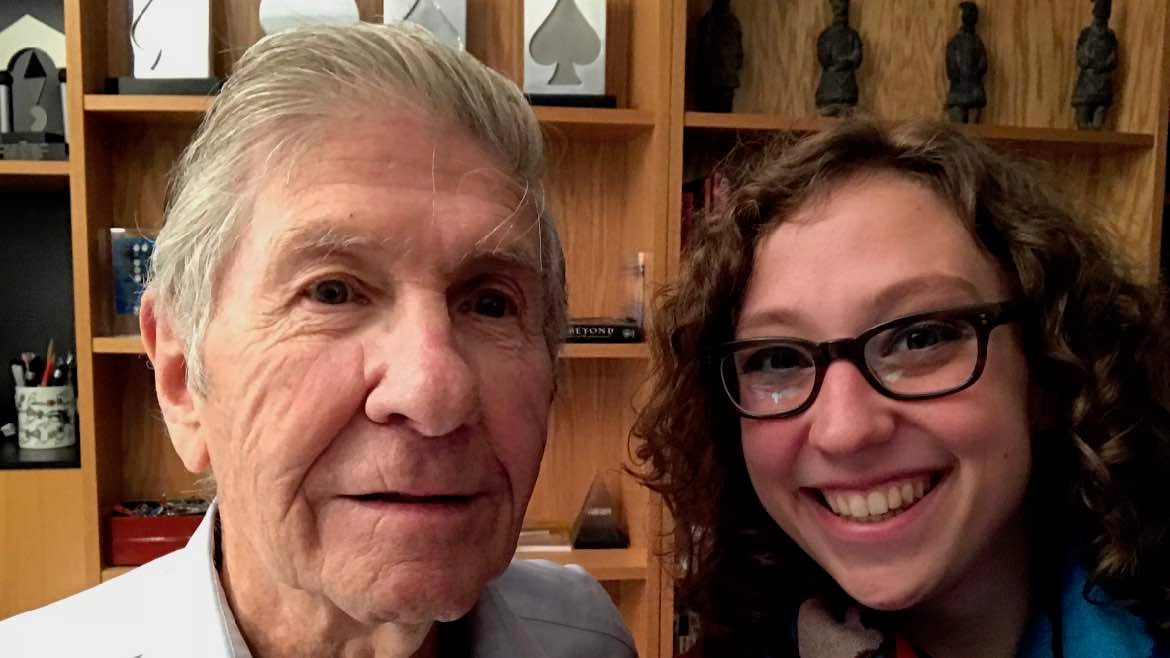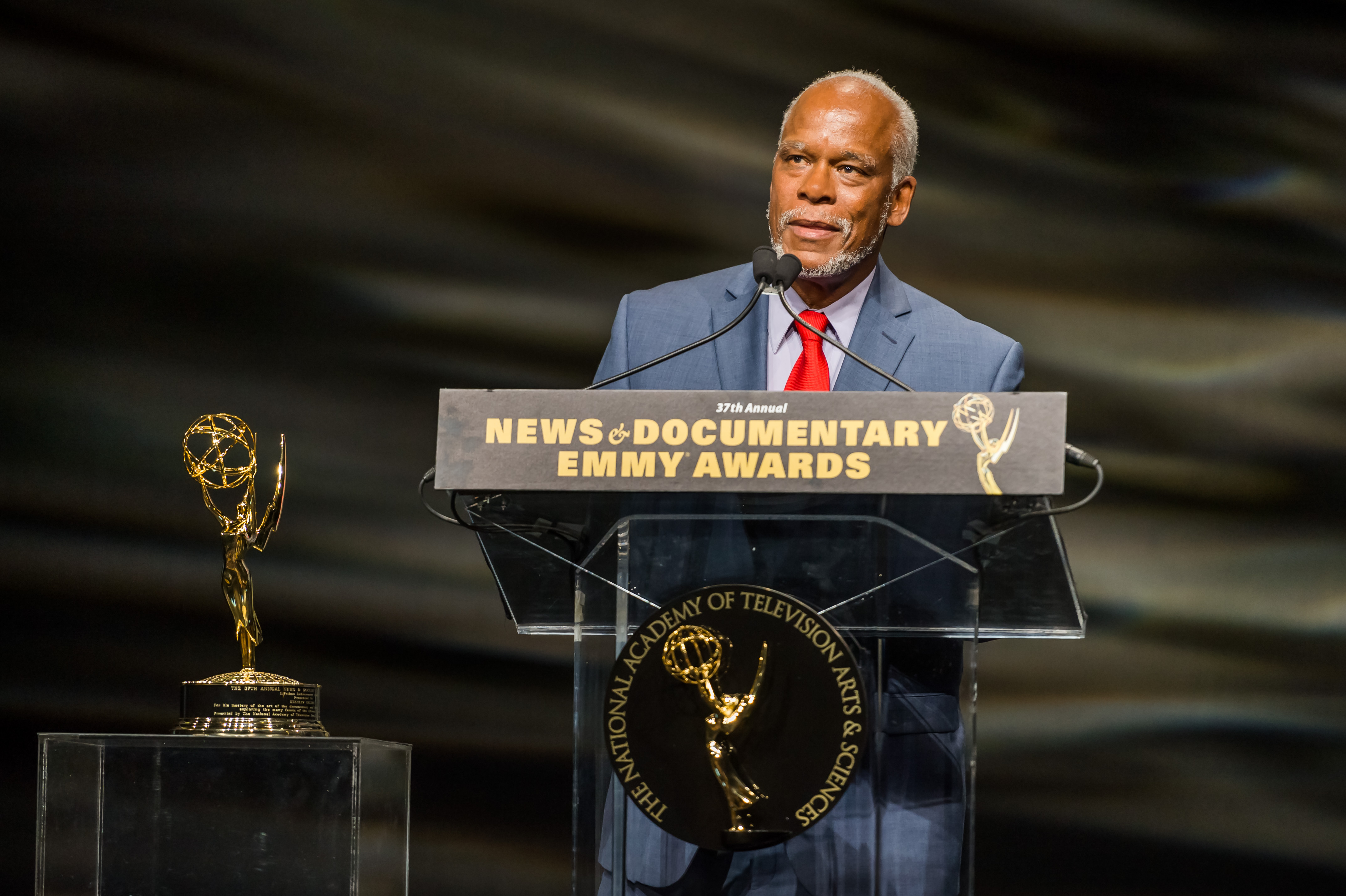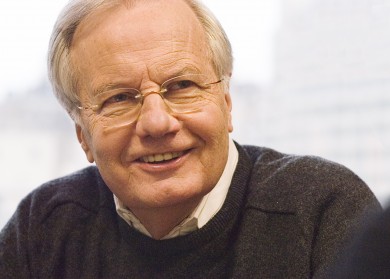Tag: Bill Moyers
New documentary feature will examine life and work of Bill Moyers
Produced and directed by longtime collaborators, the film is scheduled to be completed next fall.How we can extend Bill Moyers’ legacy to public service media
Moyers was intensely dedicated to our cause. We owe it to him and his memory to carry on the struggle in his ...What Bill Moyers had to say about protecting American freedoms
Throughout his groundbreaking work in journalism, Moyers urged us to be steadfast in defending the freedoms guaranteed in the Declaration of Independence, ...Moyers’ push for prime-time impeachment broadcasts fails to convince PBS, some stations
The veteran journalist took his latest argument for nightly rebroadcasts of the hearings directly to station leaders.‘Made Possible By…’ #13: Public TV pioneer Alvin Perlmutter
"If you aren't in a position to make mistakes, then you're not going to come up with something worthwhile."Stanley Nelson urges academy to reach beyond comfort zone for new talent
Accepting an award for lifetime achievements, Nelson said that television has failed to tell “the full American story.”Thursday roundup: Dry kegs in New Orleans; Moyers says farewell
Plus: "Jagoffs" on WBEZ, and radio remains popular.Newsman Bill Moyers sets January 2015 as retirement date — really
Moyers, 80, has produced and anchored public-affairs programs and numerous specials on public television since 1971.Moyers reverses decision to end show, which goes to 30 minutes in January
BOSTON — Bill Moyers, the journalist and veteran PBS personality who has come out of retirement at least twice to mount new ...Bill Moyers ending Moyers & Company in January
Bill Moyers announced today to his colleagues in public TV that the last broadcast of his Moyers & Company public-affairs show will air Jan. ...APT, PBS partner to offer Moyers & Company for viewing on COVE
Moyers & Company has become the first American Public Television-distributed program to be presented on the PBS COVE online video player and PBS mobile ...Moyers calls for a convention to remake system
Bill Moyers, in a speech to public TV program execs in Memphis Nov. 10 [2011], compared today’s public broadcasting system to the ...Moyers returns in January with weekly hour
The latest incarnation of Bill Moyers’ distinctive brand of talk programming will be the hourlong, multiplatform Moyers & Company, distributed by American Public Television. ...Working with Bill
In the beginning, there was CBS Reports. Then came Bill Moyers. It was 1976. Executive Producer Howard Stringer wanted to show the world that ...Hopes of viewers and producers invested in Need to Know
Ten weeks before the air date of Need to Know, WNET announced the executive producer. Seven weeks before, the producing station named the co-anchors. ...


